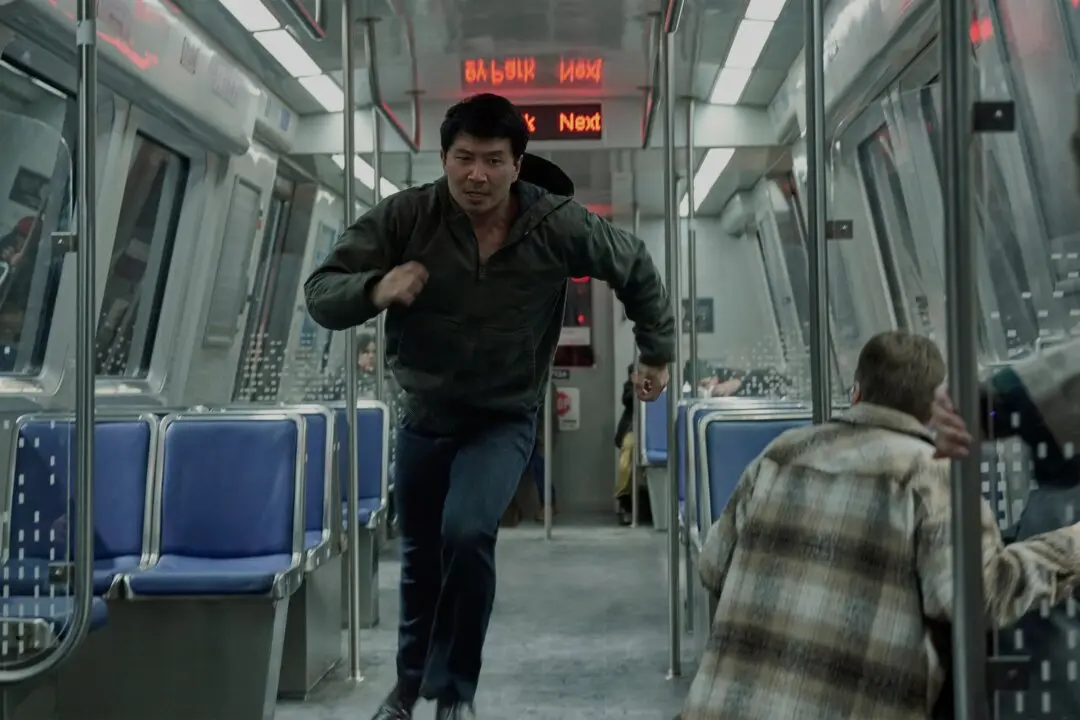13+ | 5h 56min | Documentary | March 28, 2010
Even before the Uyghur genocide currently underway, Xinjiang was the site of terrible human suffering. On Dec. 8, 1994, 323 people died when fire broke out in the crowded Friendship Hall, where school children were entertaining visiting officials.




